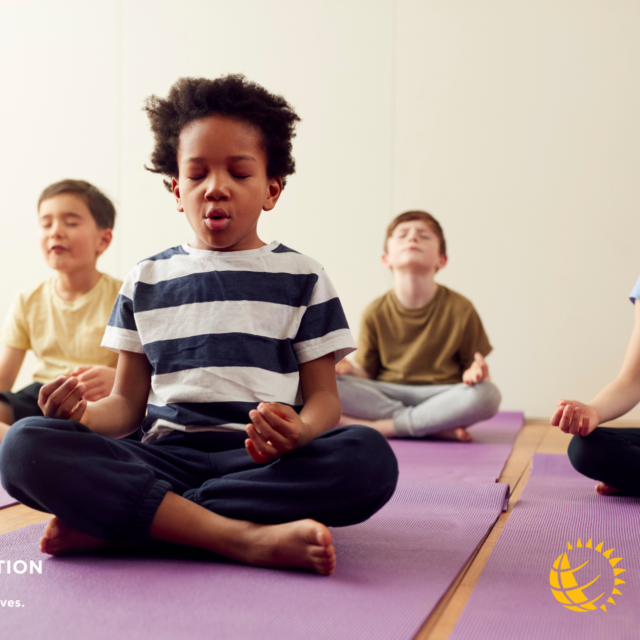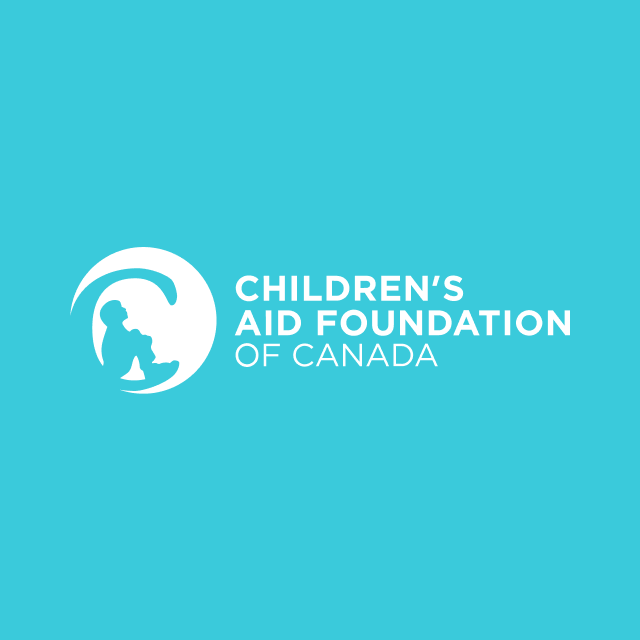June is National Indigenous History Month, a time to recognize and honour the history, diversity, outstanding achievements, and vital leadership of Indigenous people in Canada.
Along with our board members, youth advisors, partners, and donors, Children’s Aid Foundation of Canada recognizes that there is much more we need to do to as an organization to address and take action against enduring systemic racism in Canada and within the child welfare system; to better educate ourselves on issues facing Indigenous people across the country; to elevate the voices of Indigenous children, youth and families; and to continue strengthening our relationships and partnerships with Indigenous communities as we work towards Reconciliation.
As news of the traumatic and entrenched racism of the residential school experience continues to be uncovered, we strive to educate ourselves further on the issues facing Indigenous communities across the country and condemn the unthinkable historical and continuing traumas of Indigenous children and their families in the name of assimilation.
Intergenerational trauma, ongoing systemic racism, and poverty are only a few of the barriers that lead to Indigenous young people being disproportionately represented in Canada’s child welfare system, which often leads to a profound loss of connection to their culture, identity, and community. Today, Indigenous young people represent over half of those experiencing the child welfare system, despite representing only eight per cent of our country’s total population.
Children’s Aid Foundation of Canada is dedicated to engaging in ongoing listening, (un)learning, and critical thinking so we can strengthen our understanding of the ongoing systemic racism and inequalities impacting Indigenous people. We commit to examining the conditions leading to this vast overrepresentation in the child welfare system and learn through ongoing training how to best fundraise and grant funds from an equity perspective to make a positive difference in the lives of families that are too often separated due to issues beyond their control.
In honouring our dedication to addressing overrepresentation of Indigenous children and youth in the child welfare system, we are pleased to report the following results and commitments made as part of our ongoing work:
2020-2021 Reporting
- A 406% increase in grants made to organizations led by and/or serving Black and Indigenous youth (10.7% of total grants to external partners)
- 22% (10,083)* of total children and youth served identifying as Indigenous (*Actual numbers could be higher as not all grants and programs have an ethnicity breakdown in numbers reported.)
- 10 new partnerships established with Black-led and Indigenous-led organizations, for a total of 20 partnerships
- The establishment the Equity and Inclusion Community Council, a group of diverse individuals representing Indigenous- and Black-led organizations and youth with lived experience, to guide strategic efforts in support of Indigenous and Black children, youth and families
- A commitment to reviewing all existing programs and services through an equity lens to ensure strategies are aligned or adapted to the needs of Indigenous children, youth, and families
- A partnership in development with Indigenous-led organizations in Ontario and Manitoba to create a program to support Indigenous families experiencing domestic violence and prevent violence from reoccurring
- All-staff participation in training to build awareness of First Nations, Metis, and Inuit
- A commitment to adding Indigenous evaluation methodologies into evaluation strategies for all of our programs
2020-2021 Grants and Programs in support of Indigenous Children, Youth, and Families
- COVID-19 Child & Family Support Fund – 10 Indigenous-led organizations with 6,990 Indigenous caregivers, children and youth helped out of 32,081 in total (22%)
- COVID-19 Support Fund for Former Youth in Care – 5 Indigenous-led organizations with 1,333 Indigenous youth helped out of 5,596 youth in total (24%)
- HBC Youth Mental Health – 3 Indigenous-led partners who helped youth with their mental health supported
- Health & Well-Being Fund – 3 Indigenous-led partners supported
- Home Base Fund – Native Child & Family Services of Toronto supported
- HSBC National Transformation Project – supported Metis Child & Community Services
- Ignite the Spark – supported Metis Child & Community Services and Native Child & Family Services of Toronto
- Restoring the Sacred Bond – grants supporting approximately 75 women
- The Foundation has joined with other funders to invest in a social impact bond in Manitoba designed to reduce the numbers of Indigenous babies entering care. The Southern Network is leading the Initiative and working with the Birth Helper service provider, Wiijii’idiwag Ikwewag, to identify expectant mothers who may not have resources to effectively parent their baby. These mothers will then be connected to Birth Helpers, who are women trained to help with childbirth and early care. Mothers will be reconnected to their traditional cultural practices and their support networks will be strengthened
- Scotia Stay in School Program – supported Indigenous Perspectives Society and Vancouver Aboriginal Child & Family Services Society
- Lynn Factor Stand Up for Kids National Award – supported Indspire to establish the Dudah Cares (DML) Award to be disbursed to post-secondary students who have been raised by their grandparents or extended family or have been in care
- Ted & Loretta Rogers Foster Care Comfort Kit Program – 8 Indigenous-led organizations supported
- Teddy Bear Grant – Native Child and Family Services of Toronto supported, reaching 724 children and 430 families
This month, and throughout the year, we honour and celebrate all Indigenous peoples, including the children, youth, and families we serve, and commit to continuing our work to address the issue of overrepresentation and improving outcomes.


